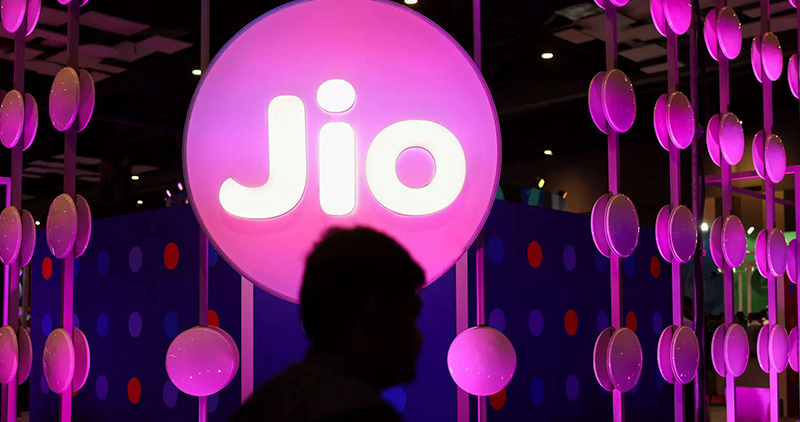Reliance Jio will buy 5G device from Nokia: Rs 14,000 crore deal, high speed internet will run 10 times faster.
Reliance Jio is going to join hands with Nokia to launch high speed 5G network in India. Both the companies can sign the agreement soon. This deal will be worth about 1.7 billion dollars (14 thousand crore rupees). In this, India’s largest telecom operator will buy 5G devices from Nokia.
According to Economic Times reports, the contract between Reliance Jio Infocomm and Nokia is in the final stages. If this deal is completed, then in the coming few years, people in the country will get the benefit of 10 times higher speed of 5G internet.
Deal will be signed at Nokia Headquarters
The deal is likely to be signed between the two companies at Nokia’s headquarters near Helsinki in Finland. Here the officials of the telecom unit of Reliance Industries and the banks financing the purchase will be present.
Target to start 5G network across India by the end of the year
Reliance’s target is to launch high speed 5G network in India by the end of this year. For this, apart from Nokia, the company is buying 5G devices worth $ 2.1 billion from Swedish company Ericsson.
This bank is doing finance to Reliance
The report said that global banks such as HSBC, JP Morgan and Citigroup are among several banks that will lend money to Jio through syndicated offshore loans to buy 5G devices from Nokia and Ericsson. The total loan is about $ 4 billion.
Jio’s 5G business in India
Currently, the company is the only telecom operator in India to provide service from 5G airwaves with 700 MHz band. Reliance Jio has opted for standalone mode, that is, the company does not want to depend on 4G network. The company is planning to launch its 5G network connectivity across the country.
Jio will invest $ 25 billion
Reliance Jio is investing around $25 billion to develop the 5G network. Out of this, the company has spent about $ 11 billion in buying 5G spectrum last year. The remaining $14 billion will be spent on developing network assets over the next 4 years.



